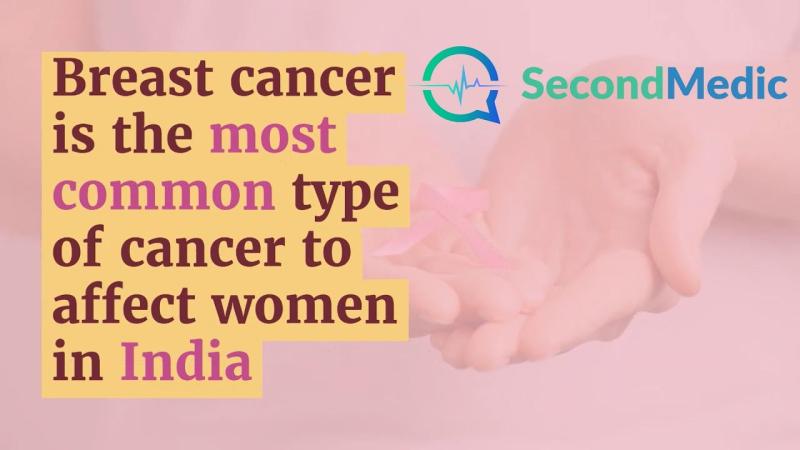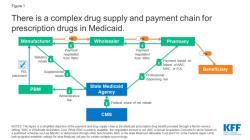What every woman should know about breast cancer?
Every woman should be aware of the following key information about breast cancer:
Breast Cancer Risk Factors: Understand the risk factors associated with breast cancer, including age, family history, genetic mutations (such as BRCA1 and BRCA2), personal history of breast cancer or certain benign breast conditions, hormone replacement therapy, obesity, alcohol consumption, and exposure to radiation.
Breast Cancer Screening Guidelines: Familiarize yourself with recommended breast cancer screening guidelines. This typically includes regular mammograms starting at age 40 or earlier if you have a higher risk, clinical breast exams by a healthcare provider, and breast self-exams to monitor for any changes in your breasts.
Signs and Symptoms: Learn about the signs and symptoms of breast cancer, which may include a lump or mass in the breast, changes in breast size or shape, nipple discharge (other than breast milk), nipple inversion or changes in nipple appearance, skin changes on the breast (such as redness, dimpling, or puckering), and persistent breast pain.
Early Detection and Diagnosis: Understand the importance of early detection in improving breast cancer outcomes. Early-stage breast cancer is more treatable and has a higher chance of successful treatment. If you notice any concerning changes in your breasts, consult with a healthcare provider promptly for further evaluation and diagnosis.
Breast Cancer Treatment Options: Be aware of the various treatment options available for breast cancer, including surgery (such as lumpectomy or mastectomy), radiation therapy, chemotherapy, hormone therapy, targeted therapy, and immunotherapy. Treatment decisions are personalized based on factors such as the type and stage of breast cancer, overall health, and individual preferences.
Support Services and Resources: Seek out support services and resources available for women diagnosed with breast cancer. This may include support groups, counseling services, educational materials, financial assistance programs, and advocacy organizations. Connecting with others who have experienced breast cancer can provide valuable support and information.
Lifestyle Factors and Breast Health: Understand the role of lifestyle factors in breast health and breast cancer risk reduction. Maintain a healthy weight, engage in regular physical activity, limit alcohol consumption, avoid smoking, eat a balanced diet rich in fruits and vegetables, and consider breastfeeding if possible.
Genetic Counseling and Testing: If you have a family history of breast cancer or other risk factors, consider seeking genetic counseling and testing to assess your risk of inherited genetic mutations associated with breast cancer. This information can help guide personalized screening and prevention strategies.
By being informed about breast cancer risk factors, screening guidelines, signs and symptoms, treatment options, support resources, and lifestyle factors, women can take proactive steps to prioritize their breast health and advocate for their well-being. Regular breast health awareness and proactive healthcare management are essential for early detection, diagnosis, and treatment of breast cancer.
What essential information should women be aware of regarding breast cancer?
Breast cancer is the most common cancer among women, but with knowledge and proactive measures, you can take control of your breast health. Here's some essential information for women regarding breast cancer:
1. Risk Factors:
- Age: Risk increases with age, especially after 50.
- Family history: Having a close relative (mother, sister, daughter) with breast cancer increases risk.
- Genetic mutations: BRCA1 and BRCA2 gene mutations significantly increase risk.
- Hormonal factors: Early menstruation, late menopause, and hormone replacement therapy can influence risk.
- Lifestyle factors: Obesity, lack of physical activity, and excessive alcohol consumption can contribute to risk.
2. Early Detection:
- Self-exams: Regularly perform monthly breast self-exams to familiarize yourself with your breasts and identify any changes in appearance or feel.
- Mammograms: Schedule regular mammograms as recommended by your doctor, typically starting at age 40 or earlier if you have high risk factors.
- Clinical breast exams: Get regular clinical breast exams by your doctor during routine checkups.
3. Symptoms:
- Lump in the breast or armpit: This is the most common symptom, but not all lumps are cancerous.
- Changes in breast size or shape
- Nipple changes: Inversion, discharge, or scaling
- Skin changes: Dimpling, redness, or thickening of the breast skin
4. Importance of Early Intervention:
- Early detection significantly increases the chances of successful treatment and survival.
- If you experience any concerning symptoms, don't hesitate to consult a doctor immediately.
5. Additional Resources:
- National Cancer Institute: https://www.cancer.gov/
- American Cancer Society: https://www.cancer.org/
- Susan G. Komen: https://www.komen.org/
Remember, knowledge is power. By being informed about breast cancer and taking proactive steps towards early detection, you can significantly improve your chances of maintaining good health and well-being.
Disclaimer: This information is for educational purposes only and should not be interpreted as medical advice. Always consult with a healthcare professional for personalized guidance and medical concerns.













